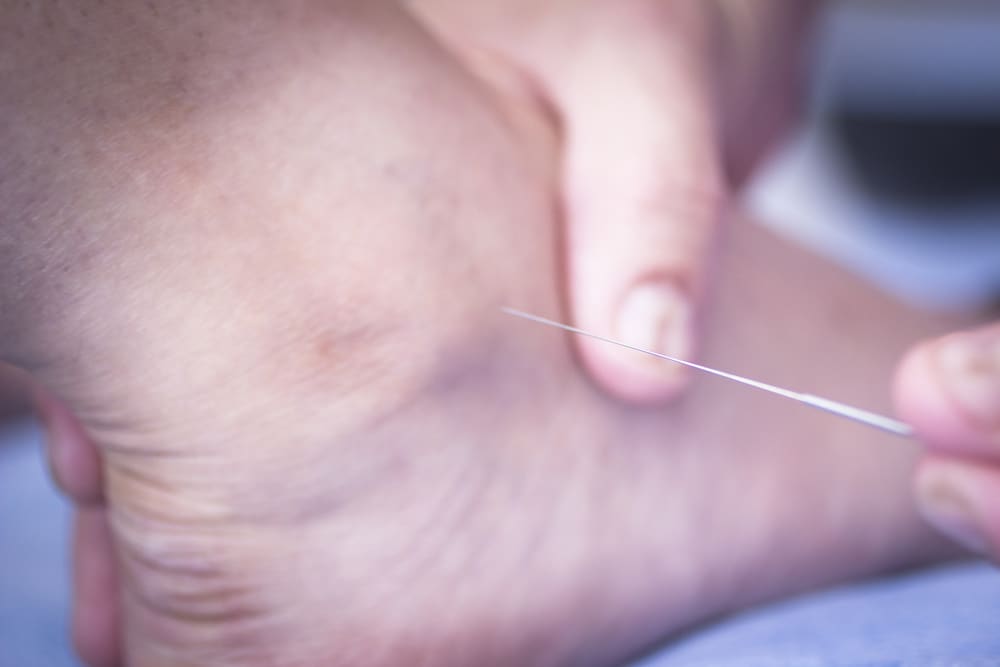Feeling unwell isn’t uncommon. We can wake up with a scratchy throat or feeling a little nauseous, but when we wake up with pains and an overwhelming sense of sickness that may have come from nowhere or has failed to disappear after a few days, how can we combat this so that we can start to feel healthier once again? Knowing how to look after your physical and mental well-being is essential if you want to live a healthy and long life, and one way to do this is to know what to do if you start to feel unwell. The following guide offers advice on how to cope with feeling under the weather.
Hydrate and Eat Healthy Food
Drinking enough water and staying hydrated is essential for everyday wellness and health, so when you are sick and battling an illness, you need to stay hydrated so that you can help your body fight the illness that is currently in your body. This is because hydration aids your organs and muscles and helps them work properly. The best way to keep hydrated is to drink plenty of water throughout the day. Try to drink even when you’re not thirsty.
Food gives your body energy to move and perform, so when you are ill, you need to eat healthy foods so that you can help your body fight the illness. Eating can help you heal more quickly, too. However, remember that you need to eat the right foods when ill. Here are the best foods to eat when sick.
Speak to a Medical Expert
If you have been ill for a couple of days now and are showing no signs of improvement or are in excruciating pain, you need to speak to a medical professional and tell them your symptoms. By doing this, they can provide you with the best advice possible and even prescribe you medicine that can help you counter and fight the illness. You can either phone your doctor or use telehealth services that offer online care if you are unable to get to a hospital.
Make a List of Your Symptoms
Make sure you keep a log of the symptoms you are feeling so that you can account for any new ones and keep a note of whether they are improving or getting worse. Sometimes when you speak to a healthcare professional, you can forget about your symptoms. Therefore, having an account of what you experienced can provide more accurate information to help your doctor diagnose you more efficiently.
Is it COVID-19?
While not every symptom means you have COVID-19, you do need to be aware of the signs so that if you do ever experience them, you can follow the guidelines that are in place. If you think you have been exposed to the coronavirus, here’s some useful advice for you to follow.
Not all illnesses require medical attention, but if you do ever start to feel worse or believe that you are not getting better, make sure to speak to a healthcare professional.








Reply